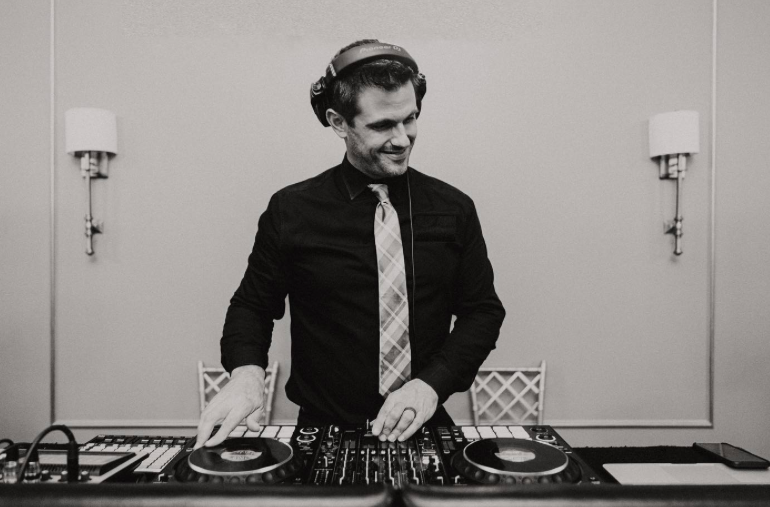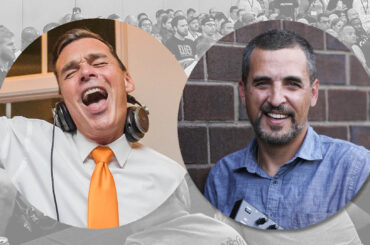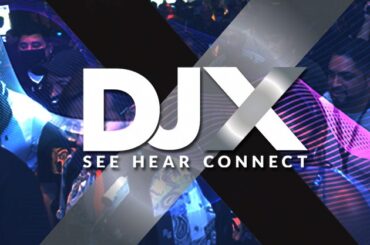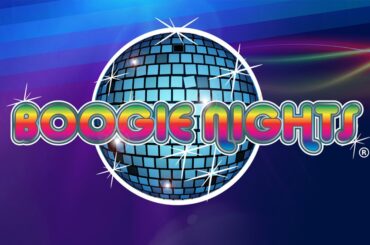If you’re a working DJ — whether in clubs or the private event space — chances are you’re passionate about what you do and are always looking for ways to improve something about your DJing career.
Maybe you’re a wiz on the decks but struggle to land the events that you want. Maybe you’re well plugged into the industry but want to be better on the mic or with your studio production work — or maybe you’re just “crushing it” (like your Instagram totally says you are, bro!) and that’s exactly why some things in life are spinning out of control and leaving you completely overwhelmed.
That’s where DJ conferences come in. They are no new concept. They’ve been around for decades and have provided aspiring DJs with a plethora of content to form a foundation for a successful DJ business — DJ Expo was the first, back in 1991, with its packed and flashy show floor, keynote addresses from well-known successful DJs, and breakout sessions that have inspired many, where discussions covered everything from the hottest/latest in gear to marketing strategies and social media, to pricing and sales techniques.
But in 2017, a text message thread between Brian Buonassissi (DJ Brian B- NYC), Joe Bunn (Bunn DJ Co- Raleigh, NC), and Jason Jani (SCE Event Group- NJ) spawned a meetup of just 12 DJs coming together at an AirBnB house in Austin, TX with the goal of sitting in a room and having some higher level conversations about where they all really were, where they wanted to be, and what could be done about it.
And The DJ Collective was born.
I recently returned from my first “DJC” Experience in Scottsdale, AZ, and I must say that as a heavy consumer of education and conferences, this was like nothing I have ever experienced. Why? Let’s dive in…
DJ Collective Overview- “Not a Conference. More of An Experience”
The founders of the DJ Collective aimed to provide something that they felt was missing in the industry — an exclusive level of education for DJs who have more or less mastered all of the “DJ 101” concepts, DJs who aren’t as concerned with which controller to buy or how to get a steady stream of leads, but rather how to improve on an already established business model.
At a price point of $2000 (which included 4 nights stay at Hotel Adeline), the organizers were able to place a value on the conference that was an affordable investment for successful DJs who are ready to level up and do some really amazing things.
So how is this not a conference? Conferences are usually rich in “content from the stage” where attendees sit in a room and listed to speakers present. While the DJC brought some phenomenal keynote speakers to Scottsdale (more on that below), some of the biggest value of the experience happens outside of the presentations.
And that’s when $&!# got real. On the opening day, we heard from Graeme Cowgill who challenged us all to do something that most DJs probably aren’t used to doing on the daily — check your ego at the door, and be vulnerable. Wait, what?
It turns out that being vulnerable is how we can get to the root of what we’re all individually struggling with. Because despite our perfect lives on Instagram, we’re all struggling with something — and this is where we can go deep, form stronger bonds with our colleagues, and ultimately help each other to grow.
It’s a theme that I noticed at the Engage! Summits that I’ve attended a few times — “Look, you’re here, you’re in the room and have made the investment, you’re obviously doing some things well, now let’s talk about where you’re struggling because that’s how we’re all going to grow.”
On the opening day we heard from Dave Lander, the official DJ of the Pittsburgh Steelers (that’s just one of his gigs). A true master of music programming (and lots of other things- #mancrushalert), Digital Dave put an exclamation mark on Day 1 by sharing some of his thoughts on everything from learning new music to breaking down the most exciting parts of a song and how to spark an emotion in someone.
Here’s my takeaway from Dave Lander: As DJs with massive libraries of music to manage, it’s easy to get stuck in the basic mixing rut — drop your 32-beat intro in at the start of the hook, swap some bass lines halfway through, blend into the next track. But Dave pointed out how we can miss so much opportunity when we do this.
Think about songs with iconic intros like TLC’s “No Scrubs,” Ciara’s “1, 2, Step,” or Ginuwine’s “Pony.” If we go straight into the verses of those songs, we miss the opportunity to get a huge reaction and “ohhhhhhhhh no he didn’t” moment with the crowd, complete with audible screams over the instrumentals.
Conversely, some tracks have iconic hooks, yet verses that few (or not any) are really familiar with. Case in point? Ruff Ryders Anthem. We know that everyone in the crowd will go bonkers to “Stop! Drop! Shut em down, open up shop,” but what happens when you get to the verse?
Dave’s challenge to us was to really take a deeper look at the contents of our music library and to understand which parts of a track will elicit the biggest responses. Sometimes it’s as simple as finding a different edit of the track that supports this, sometimes it’s practicing a new mixing technique, and sometimes, you just have to go into Ableton and make the edits yourself.
Digital Dave’s Memorable Quote: “A good DJ keeps people dancing all night. A Great DJ makes their night memorable.”
Stay tuned for more insights from DJC…
The owner of DQB Entertainment in Dallas, Dan Quinn once pranked the kids in his DJ School by informing them that Marshmello and Imagine Dragons had been removed from the library.
To check out more business tips, click here.
DJ Times Magazine is copyright © 2019 by DJ Publishing, Inc. www.djtimes.com








